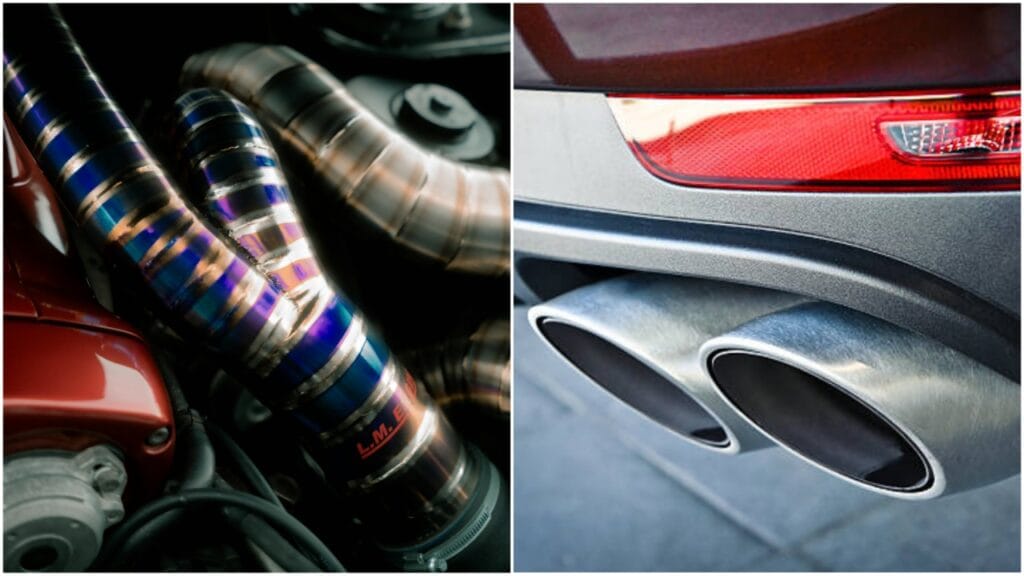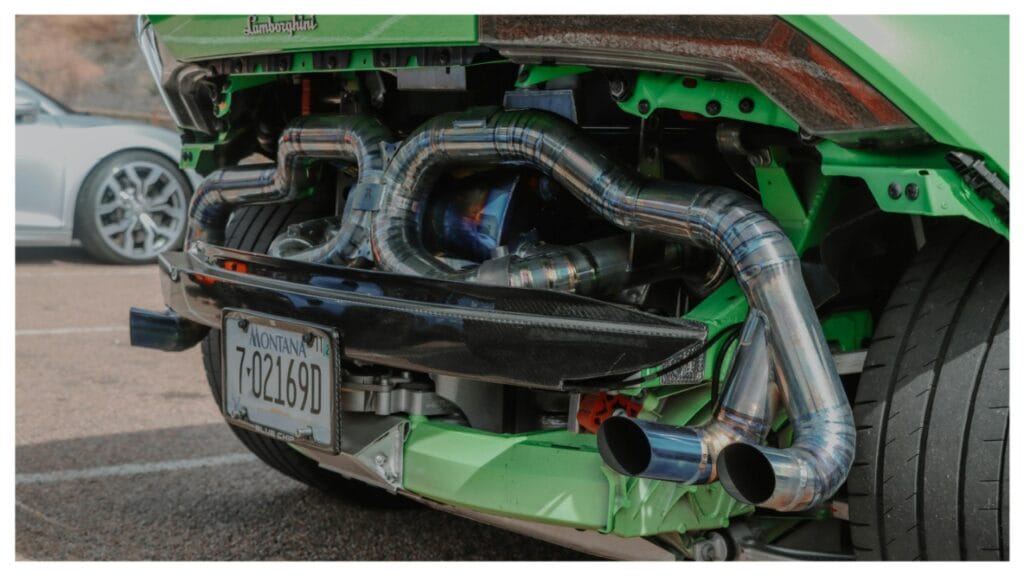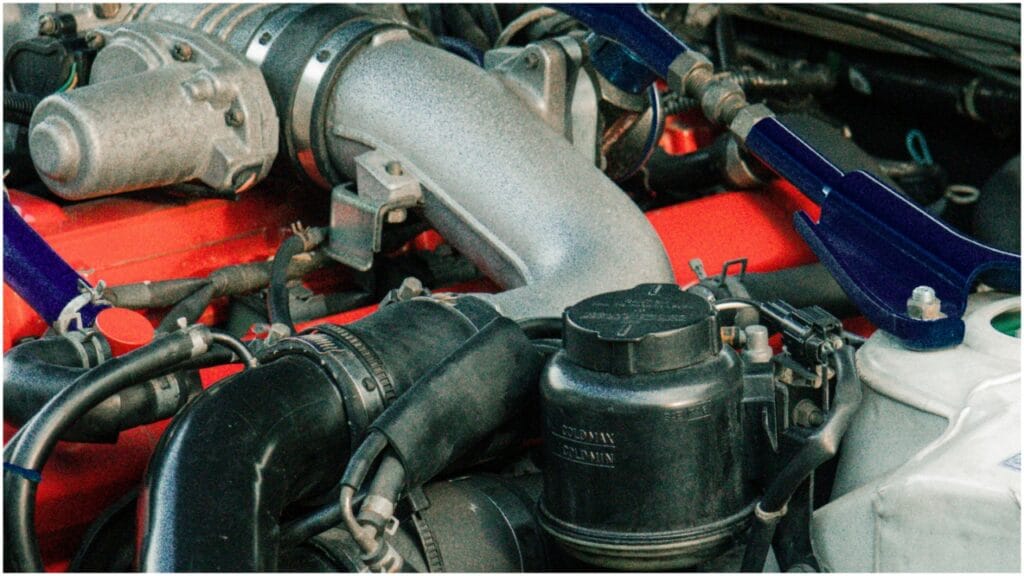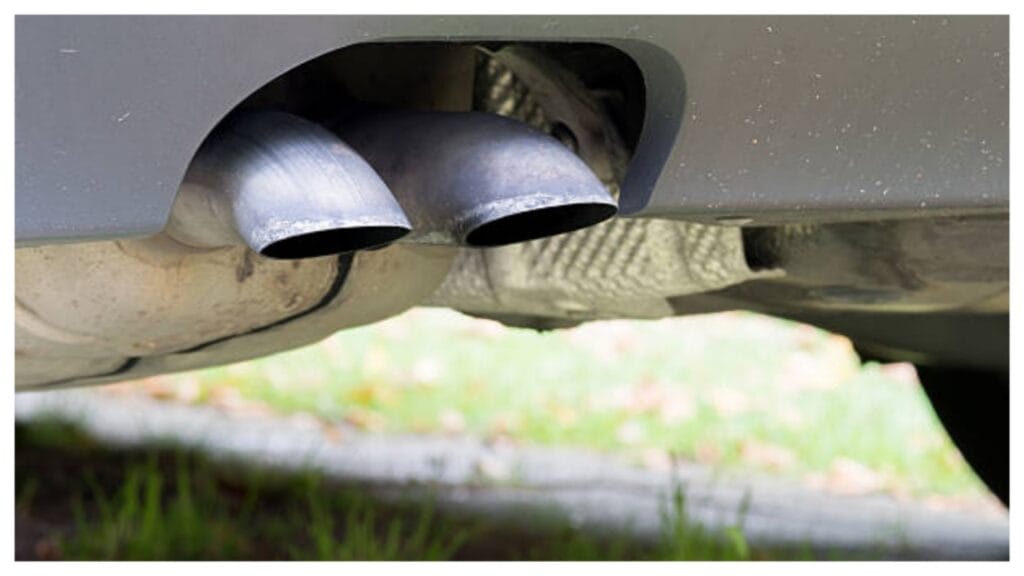To achieve a crisp exhaust popping sound, modify your exhaust system for freer flow, adjust ignition timing, and enrich the air-fuel ratio. These changes promote combustion of unburnt fuel in the exhaust, producing controlled crackles during deceleration.
What is Exhaust Popping?
Exhaust popping is a loud sound from your car’s exhaust. It happens when extra fuel burns in the exhaust pipe. It makes pops, crackles, or bangs. Car fans like it because it sounds cool and shows power.
Why Do People Want It?

People want exhaust popping because it makes their car sound strong. It feels exciting. It’s like a race car sound. But you must do it safely. Wrong changes can hurt your car or break laws.
What Makes the Popping Sound?
How It Works
Popping happens when fuel doesn’t burn in the engine. It goes to the hot exhaust pipe and burns there. This makes a loud pop. Turbo cars pop more easily. Other cars need changes to pop.
Things That Affect Popping
- Engine Type: Turbo engines pop easier than regular ones.
- Fuel Mix: More fuel in the mix helps make pops.
- Exhaust Flow: A freer exhaust makes louder pops.
- Timing: When the engine sparks matters.
Is It Safe?
Popping is safe if done right. Many fast cars pop from the factory. But too much popping can hurt your engine or exhaust parts. If your car pops without changes, it might have a problem. Ask a mechanic to check.
Ways to Get Exhaust Popping

Tune the Engine
The engine’s computer (ECU) controls fuel and spark. Change it to add more fuel or change spark time. This makes unburnt fuel go to the exhaust for pops. A pro tuner is best. They use special tools. DIY tuning can break your engine. Tuning costs $200-$1,000.
Change the Exhaust
A new exhaust makes louder pops. Stock exhausts are quiet. Aftermarket ones let more sound out. Try these:
- Cat-back exhaust: Changes pipes after the catalytic converter. Costs $500-$2,000.
- Straight pipes: No mufflers. Very loud. Check if it’s legal.
- Decat pipes: Remove catalytic converter. Louder but often illegal.
- Valved exhaust: Switch between loud and quiet. Costs more but flexible.
Good brands are Borla, MagnaFlow, Flowmaster, and Akrapovic.
Driving Tricks
You can make pops by how you drive. Try these:
- Rev-match: Press gas when shifting down. Matches engine speed.
- Throttle blip: Tap gas fast when slowing down.
- Decelerate fast: Let off gas after high speed. Fuel goes to exhaust.
These work better with a tuned engine or new exhaust.
Should You Do It?
The decision is yours. Do you want that relaxed, aggressive sound? Are you willing to deal with the extra attention (both good and bad), potential mechanical issues, and possible legal consequences? For some, it's worth it for the pure joy and thrill. For others, the cons outweigh the benefits.
If you're leaning toward yes, make sure you do your homework. Only slap on an exhaust mod or tweak your car's computer while knowing what you're doing.
Talk to professionals, get advice from people who've done it before, and be safe about it. You want that pop but don't want it to come at the cost of damaging your car or wallet.
Exhaust Pop Culture: More Than Just Noise

It's a part of tuning culture. It's tied to how the car is built, not just how it sounds. They're chasing the perfect harmony of performance and sound.
The car speaks a language only the driver and other enthusiasts understand.
You find yourself talking to strangers about their setups. You trade insights on how to get the best pop without sacrificing performance.
Another factor to consider is the influence of media. Movies, games, and social media have amplified the love for pop-and-crackle cars.
You hear it in films, see it in video games, and it feeds into the desire to make your car sound like it's ready for the next big race.
This sound also affects how others perceive the car's power. It's a psychological thing. Loud cars, especially with exhaust pops, are often assumed to be faster, even if they aren't.
The noise gives an impression of raw energy, even if the actual engine performance is modest.
Legal and Safety Rules

Laws to Follow
Loud exhausts can break noise laws. Check your city’s rules. Removing catalytic converters is illegal in many places. You could get a fine or fail inspection. Always check laws first.
Safety Tips
- Check your car after changes. Look for loose parts or odd sounds.
- Use good parts. Cheap ones break fast.
- Don’t over-tune. Too much fuel hurts the engine.
- Ask a pro for big changes. They know what’s safe.
More Tips for Better Popping
Upgrade Fuel System
Better fuel pumps or injectors help. They send more fuel for pops. Costs $300-$1,000. Pros should install them.
Add a Pops and Bangs Tune
Some tuners offer a “pops and bangs” map. It’s made for loud crackles. Ask for it when tuning. It works best with a good exhaust.
Check Exhaust Tips
Big exhaust tips change the sound. Wide tips make deeper pops. Small tips make sharper sounds. Pick what you like.
Use High-Octane Fuel
Better fuel (like 93 octane) burns cleaner. It helps with consistent pops. Costs more but worth it.
Conclusion
Exhaust popping makes your car sound awesome. Use a good exhaust, tune the engine, and drive smart. Check laws to stay legal. Use quality parts to keep your car safe. Ask a pro for big changes. Now go make your car pop!
Common FAQ
Install a free-flowing exhaust. Tune for a richer air-fuel mix. Adjust ignition timing. Use performance ECU settings. Pops happen when unburnt fuel ignites in the exhaust during deceleration or throttle blips.
Exhaust pops happen when unburnt fuel ignites in the exhaust. It’s common during deceleration. A rich air-fuel mix, delayed ignition, or performance tuning can trigger these sharp, crackling sounds.
Popping sounds come from unburnt fuel igniting in the exhaust. It’s common during deceleration. A rich fuel mix, delayed ignition, or performance tuning can cause these sharp, crackling noises.
Check for vacuum leaks. Inspect exhaust for cracks. Adjust air-fuel ratio. Retune ignition timing. Replace faulty sensors. Popping often means unburnt fuel ignites—fixing airflow and timing usually stops it.
Car exhaust popping happens when unburnt fuel ignites in the exhaust. It’s common during deceleration. A rich fuel mix, delayed ignition, or performance mods often cause these sharp, crackling sounds.

